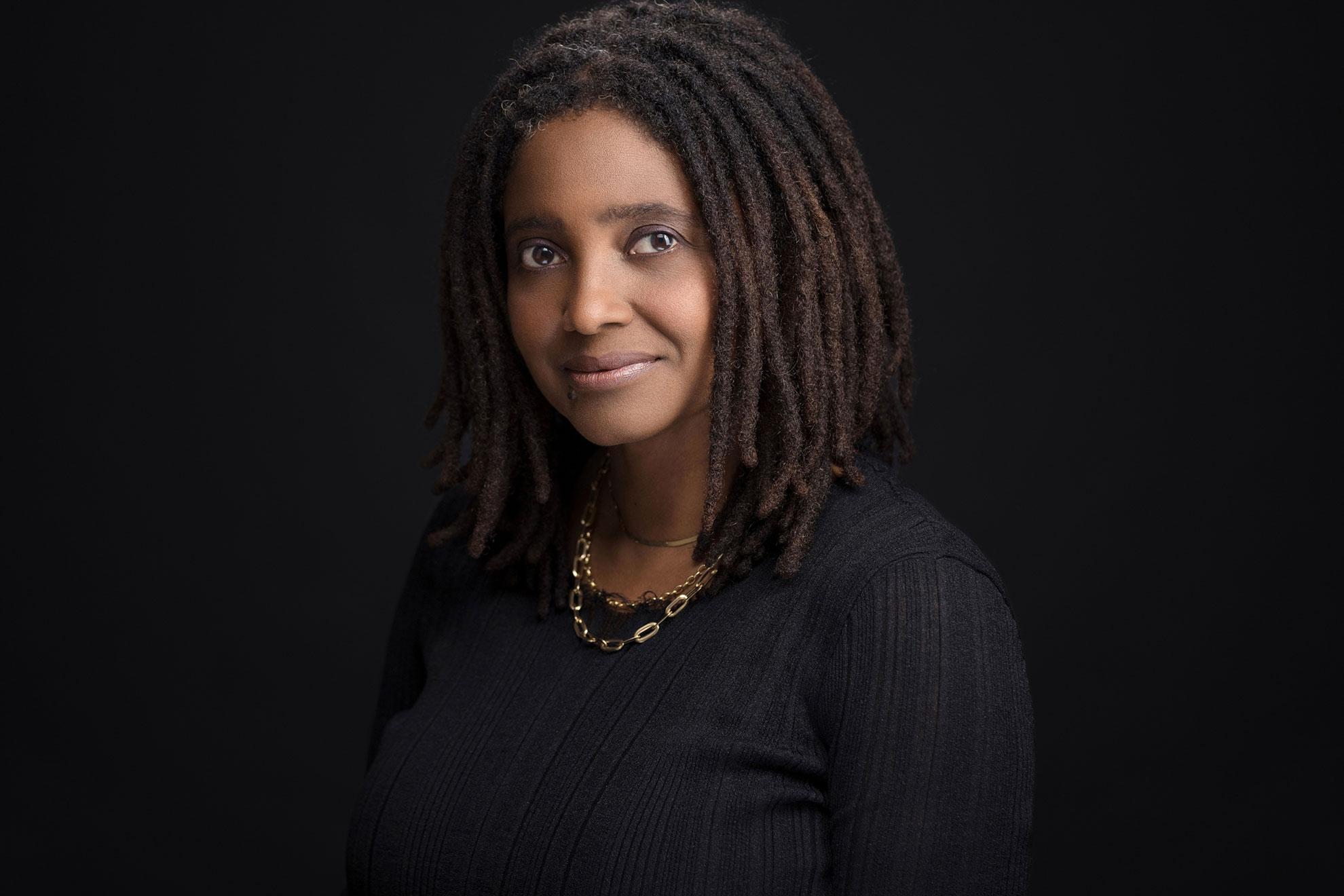
"The guardrails of courtesy were gone, and the limits of shame - or was it shamelessness? - had been set further out than almost ever before. Or so it felt. At the same time, so much talk - on podcasts and radio and TV - added unceasing fodder to the rumor that unless we lived in the same place and prayed to the same deity and voted the same way, we in this country had nothing whatsoever to say to one another."
"The near-holy hush in the room as we read aloud from the work of poets like Elizabeth Bishop, Gwendolyn Brooks, Robert Hayden, and contemporaries Claudia Rankine, Natalie Diaz, Patrick Rosal, and others. It wasn't only delight that held us in such a state; it was the desire to listen at the widest possible angle, and the proper tilt of the imagination, in order to catch what the voice on the page was asking us to hear, feel, see, remember, and recognize."
In 2017 a poet laureate appointment coincided with a national vocabulary rooted in fear, derision, and perceived irreconcilable division. The social atmosphere removed customary courtesy and extended shamelessness, amplifying messages that different places, faiths, or political views preclude meaningful conversation. Classroom experiences offered contrast: students reading poets like Elizabeth Bishop, Gwendolyn Brooks, Robert Hayden, Claudia Rankine, Natalie Diaz, and Patrick Rosal created a near-holy hush. That hush sprang from deliberate, active attention and a desire to listen widely. The proper tilt of imagination enabled catching what voices on the page asked readers to hear, feel, see, remember, and recognize.
Read at Harvard Gazette
Unable to calculate read time
Collection
[
|
...
]